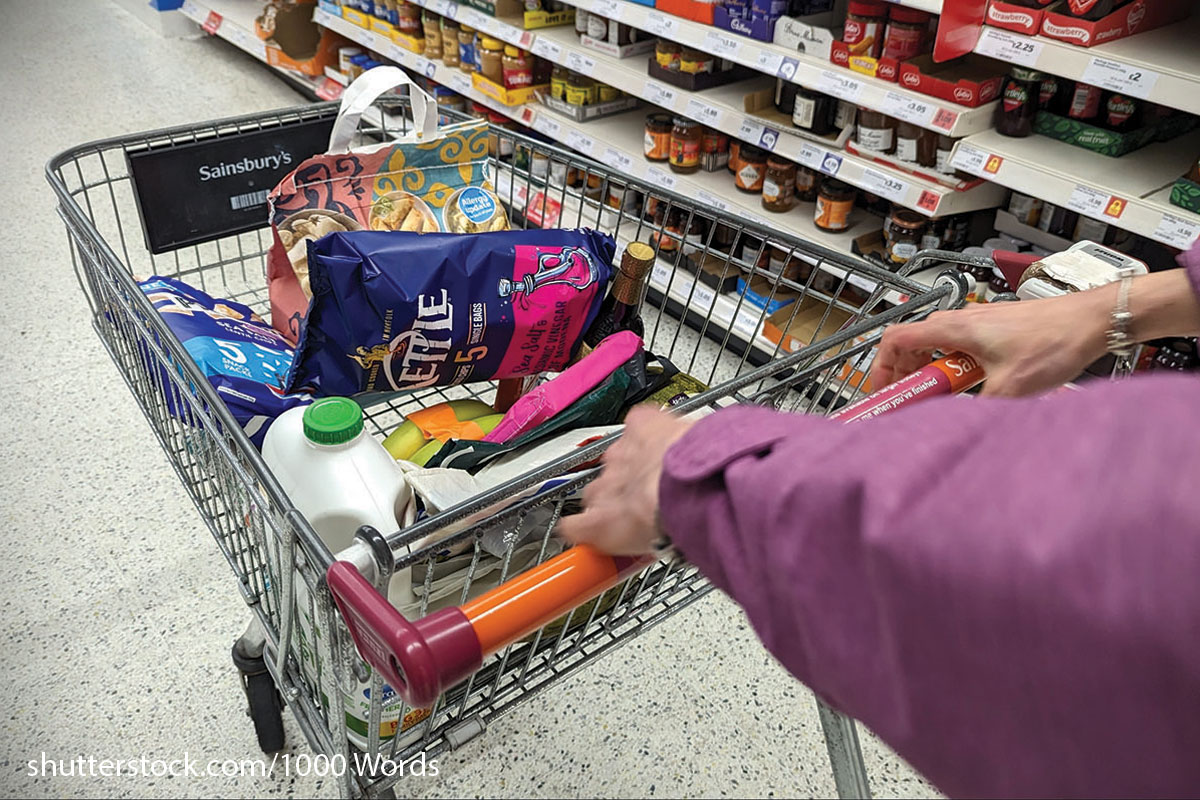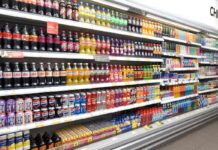ONS report highlights a drop in food and beverages

FOOD inflation has continued to trickle down according to the latest report from the Office for National Statistics (ONS).
In the latest inflation data from the ONS, the government body found that food and non-alcoholic beverage inflation had fallen to 5% for the year to February 2024, this was a drop of two percentage points from January.
This helped to add to a dip in overall inflation as well as the the total CPIH rate fell to 3.8%, which was a 0.4% of a difference from January.
Kris Hamer, director of insight at the British Retail Consortium (BRC), said: “After a rocky start to 2024, inflation is once again on its way down.
“Food inflation fell once again, to its lowest rate since January 2022, as retailers continue to deliver the best service to their customers and communities.
“Households benefitted from falling prices of fish, crisps and jam.”
Alcohol and tobacco products saw a dip as well from January representing a 0.4 percentage point difference down to 11.8% overall, providing some extra relief for retailers too.
Despite the good news in falling inflation rates, industry bodies have continued to warn that the UK government could not afford to be complacent on this and not rely on the assumption that costs will continue to trickle down.
Hamer warned: “Significant costs on the horizon may put renewed pressure on overall inflation in the near future; these include a 6.7% rise in business rates, and reforms to the packaging levy and electrical takeback schemes, all in the context of the biggest rise to NLW on record.
“This will limit investment and drive up costs at a time when many families are still facing a higher cost of living.”
Further to this, there is a concern over the international investment into the nation’s food and drink sector due to new ‘not for EU’ labelling across packs.
Karen Betts, chief executive at The Food and Drink Federation, said: “Investment in our industry is also worryingly low if the UK is to be confident in its food security.
“And the government is making UK food and drink less attractive to invest in with its insistence on UK-wide ‘not for EU’ labelling.
“This is an expensive and unnecessary policy that will particularly hit small businesses and exports, and we’re urging the government to reconsider.
“There are good, digital alternatives if the government wants to monitor food movements in the UK, which in time could also be adapted to ease checks with the EU.”

















